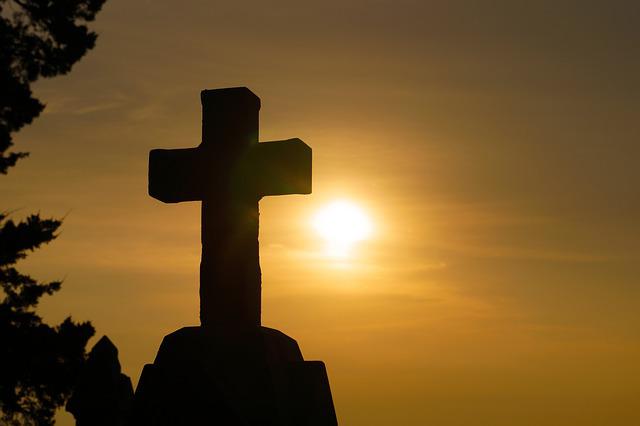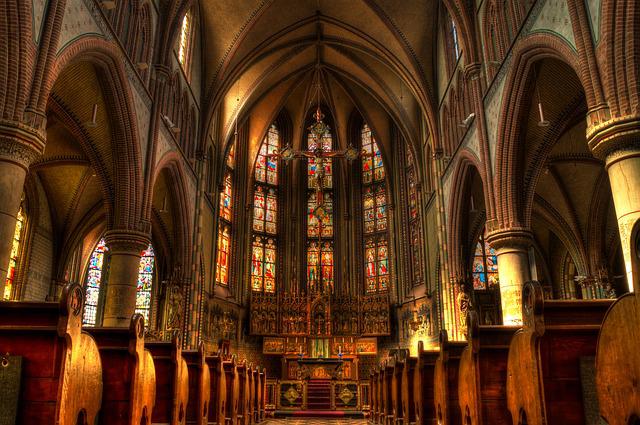
Patristics studies the life and work of the holy fathers.
Patristics is the discipline dedicated to the investigation of the life, work and thought of the holy fathers . This is how the theologians and priests are known who are considered continuators of the work of the apostles and responsible for the consolidation of Christianity.
Early Christianity
The holy fathers are credited with the development of Christian theology based on their interpretations of the Bible . The group includes John Chrysostom , Augustine of Hippo , Basil the Great and Ambrose of Milan , among other religious people.
Patristics is oriented to the study of that primitive Christianity, beginning at the end of the New Testament and reaching approximately the 8th century . In this way, it covers the stage in which the doctrines of the various Christian beliefs were forged.
Defense of the faith
The entire period analyzed by patristics contains the work of the prophets and the fight against polytheism and paganism. It also contemplates the efforts of the holy fathers to combat heresies .
Those wise Christians are pointed out as the first defenders of said faith . They lived through difficult times as the authorities persecuted them and there were many Jews who rejected the Holy Gospels . The movement they promoted is also called patristic.
Patristic is understood, in this sense, to be the first historical phase of the Christian organization , characterized by the defense of this religion and its apology. It was the holy fathers who spread Christianity as the “word of God” and fought to banish pagan religions.
John Chrysostom
Also known by the name of John of Antioch , John Chrysostom was a prominent figure in Christianity, to the point of being part of the eastern group of Fathers of the Church . For the Greek Orthodox, he was one of the most brilliant theologians, a true pillar of the Church.
In patristics, Chrysostom stands out for his speeches and his fight against licenses and abuse of power. He was exiled because of having confronted the emperors Arcadius and Elia Eudoxia.
Augustine of Hippo
Other names by which Augustine of Hippo is known are Saint Augustine , Aurelius or, in Latin, Aurelius Augustinus Hipponensis . This holy father dedicated himself to theology, philosophy and writing. When he was ordained a bishop, he settled in Africa and carried out intense opposition against heretics who identified with Manichaeism , Donatism and Pelagianism .
This outstanding Christian thinker also receives the mention of "Doctor of Grace" and is considered one of the most relevant geniuses in history. Among his numerous written works we can say that The City of God and Confessions are the two that stand out.

These prominent Christians fought to defend the faith.
Basil the Great
Also called Saint Basil of Caesarea or Basil the Archimandrite , he was an important bishop and clergyman of the 300s. For the Greek Church, he is one of the four most prominent Fathers, and is also celebrated by the Lutheran Church as part of its Calendar of annual festivities. Note that its date is January 1st, and its name is what Santa Claus receives in Greece. In his family there were other saints, such as his mother, his father and his grandmother.
Ambrose of Milan
Full name Aurelio Ambrosio , he was an orator, theologian and bishop who went down in history for his outstanding performance in his hometown, Milan. His sister was the virgin and saint Marcelina , who dedicated her life to asceticism and prayer. It is not clear whether his father was a praetorian prefect or an official. His mother, on the other hand, was an intellectual and pious person.
